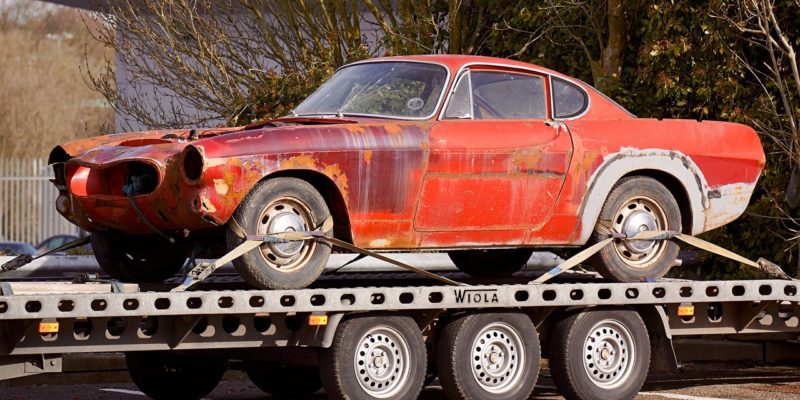Best Practices Guide for Motor Vehicle Recyclers
The New Hampshire Department of Environmental Services has published an excellent best practices guide for motor vehicle recyclers that specifically focuses on the disposal of used oil and used oil filters.
Some the recommendations for the disposal of oil from end-of-life vehicles include:
1. Remove used oil from end-of-life vehicles soon after they arrive at the facility. Do this over an impervious surface (for example, concrete) and use a drip pan.
2. Store used oil in a tank or container that is in good condition and label it: “Used Oil for Recycling.” (If you are not recycling the used oil, label the container according to hazardous waste requirements.)
3. To prevent spills, use a funnel when transferring used oil to the storage container. If spills cannot be avoided, place the container on a drip pan or similar device to collect the spilled oil.
4. Never mix used oil with gasoline, antifreeze, solvents, or other such fluids. (These mixtures cannot be legally burned in used oil furnaces and must be managed as a hazardous waste.)
5. Used engine oil may be mixed with other types of uncontaminated oil and lubricants, including transmission fluid, differential oil, brake fluid, power-steering fluid, and transaxle fluid. Keep all used oil containers and tanks tightly sealed when not in use.
“The best way to fully drain a filter is to use a filter crusher.” New Hampshire Department of Environmental Services.
Best practices cited for recycling of used oil filters include:
1. Fully drained used oil filters are not a hazardous waste and can be sent to a scrap metal recycler with other scrap metal from your facility.
2. Puncture and drain oil filters over a drip rack or drain table, at room temperature (60° F) or warmer for at least 12 hours, or use a filter crusher.
3. The best way to fully drain a filter is to use a filter crusher.
The entire Best Management Practices for Motor Vehicle Recyclers – Used Oil & Used Oil Filters can be dowloaded from: https://www.des.nh.gov/organization/divisions/waste/swmb/tsei/greenyards/documents/bmp_used_oil.pdf
For more information and resources related to oil filter disposal and recycling please visit: https://oberg-crusher.com/information-for-oil-filter-filter-disposal-and-recycling/

